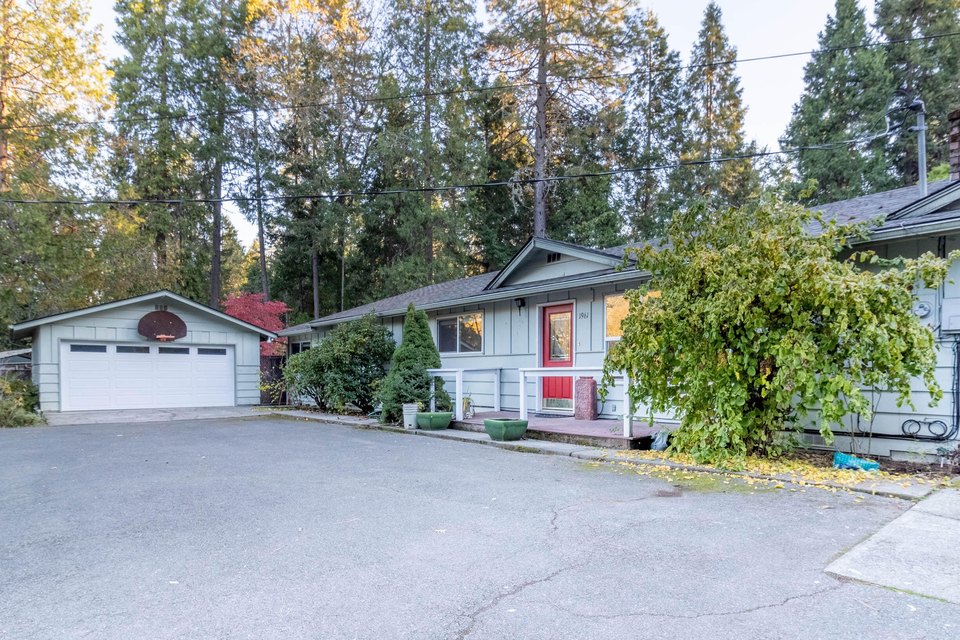
Stocks and realty are both excellent investment vehicles. However, each have their own set of benefits and disadvantages. Here are the main differences between stocks, real estate, and stocks: Liquidity. If you are looking for a long-term passive income stream, investing in real estate might be a better choice. Real estate offers passive income streams as well as the possibility of substantial appreciation. Stocks, on other hand, are more susceptible to economic, market and inflation risk. While buying stocks doesn't require a large cash investment, they can be easily bought and sold.
Profits
Real estate investment has many benefits. For starters, real estate can create cash flow. Cash flow is the money that is left over after expenses are paid. Rental income is a great way to offset expenses and make extra money. The more time you own a home, the better your cash flow. You can also take advantage of various tax breaks and deductions when you own real estate. These tax breaks can include deducting reasonable expenses related to ownership or operation.
Real estate investing offers investors the flexibility they need. You can gradually build your portfolio and rent the income to supplement your income. Fixed-and-flip profits can also be your main source income. You can also manage your property on your own terms, allowing you to be flexible and free. You are also your boss. There are no time limits and no salary caps when working in this field.

There are risks
It is important to be able to distinguish between the risks associated with real estate investing and stocks. Real estate investment is much safer than stocks. The risk of capital loss is much lower with real estate, as the land you own serves as collateral for your initial investment. Stocks are much more liquid, which means you can cash out whenever you want. Additionally, dividends can be a source of income for stocks. However, investors should be aware of the volatility of stock prices, as these changes can cause emotional decisions.
Additionally, there is a higher chance that you won't see an improvement in your returns. Stocks are able to return 10% annually, but real estate can return three to four percent. If you are able to put down 20% or more of the property's worth, you can still expect a 20% annual yield. This is much higher than you might get from stocks. Moreover, it can be difficult to find properties with good values and then sell them for less than what you paid for them. If you sell your property in a very short time, you may face a tax penalty that is equal to the average return on the real estate industry.
Liquidity
Liquidity refers to the ease with which an investor can convert their investment into cash. Stocks are more liquid than real estate investments, as they can be sold during normal market hours. Although it can take several days to sell a stock position, investors can still get their money whenever they wish. Real estate investments, however, are not liquid and may take years to appreciate.
Another benefit of investing in real property is the possibility of earning income, instead of capital gains. This makes it easier to do so. The income component automatically grows with inflation. Investors are able to use their real estate profit sooner. Another benefit to real estate investing is its lower volatility. This means that withdrawals are more stable and less likely be affected by short term volatility. Regardless of your personal preferences, you can easily find a strategy that suits you.

Locate
Direct investing in real property is not for everyone. But, real estate is a good option if you want to balance your portfolio. The stock market is easy and simple to navigate. Also, investing directly in real estate is far less risky and more profitable than investing in index funds. If you are thinking about investing in real estate, here are some tips to help you make an informed decision:
FAQ
Can I purchase a house with no down payment?
Yes! Yes. These programs include government-backed mortgages (FHA), VA loans and USDA loans. Visit our website for more information.
Do I need to rent or buy a condo?
If you plan to stay in your condo for only a short period of time, renting might be a good option. Renting will allow you to avoid the monthly maintenance fees and other charges. However, purchasing a condo grants you ownership rights to the unit. You can use the space as you see fit.
What is the maximum number of times I can refinance my mortgage?
This is dependent on whether the mortgage broker or another lender you use to refinance. You can refinance in either of these cases once every five-year.
What flood insurance do I need?
Flood Insurance covers flood damage. Flood insurance helps protect your belongings and your mortgage payments. Find out more information on flood insurance.
Is it possible to quickly sell a house?
It may be possible to quickly sell your house if you are moving out of your current home in the next few months. But there are some important things you need to know before selling your house. You must first find a buyer to negotiate a contract. Second, prepare the house for sale. Third, you must advertise your property. Lastly, you must accept any offers you receive.
How much money should I save before buying a house?
It depends on how much time you intend to stay there. It is important to start saving as soon as you can if you intend to stay there for more than five years. But if you are planning to move after just two years, then you don't have to worry too much about it.
Statistics
- This seems to be a more popular trend as the U.S. Census Bureau reports the homeownership rate was around 65% last year. (fortunebuilders.com)
- Private mortgage insurance may be required for conventional loans when the borrower puts less than 20% down.4 FHA loans are mortgage loans issued by private lenders and backed by the federal government. (investopedia.com)
- This means that all of your housing-related expenses each month do not exceed 43% of your monthly income. (fortunebuilders.com)
- Over the past year, mortgage rates have hovered between 3.9 and 4.5 percent—a less significant increase. (fortunebuilders.com)
- Based on your credit scores and other financial details, your lender offers you a 3.5% interest rate on loan. (investopedia.com)
External Links
How To
How to locate an apartment
Moving to a new place is only the beginning. This involves planning and research. This involves researching and planning for the best neighborhood. While there are many options, some methods are easier than others. These are the steps to follow before you rent an apartment.
-
Online and offline data are both required for researching neighborhoods. Websites such as Yelp. Zillow. Trulia.com and Realtor.com are some examples of online resources. Local newspapers, landlords or friends of neighbors are some other offline sources.
-
Find out what other people think about the area. Review sites like Yelp, TripAdvisor, and Amazon have detailed reviews of apartments and houses. You can also check out the local library and read articles in local newspapers.
-
Make phone calls to get additional information about the area and talk to people who have lived there. Ask them what the best and worst things about the area. Ask for their recommendations for places to live.
-
You should consider the rent costs in the area you are interested. Renting somewhere less expensive is a good option if you expect to spend most of your money eating out. You might also consider moving to a more luxurious location if entertainment is your main focus.
-
Find out more information about the apartment building you want to live in. How big is the apartment complex? What is the cost of it? Is the facility pet-friendly? What amenities are there? Can you park near it or do you need to have parking? Are there any rules for tenants?